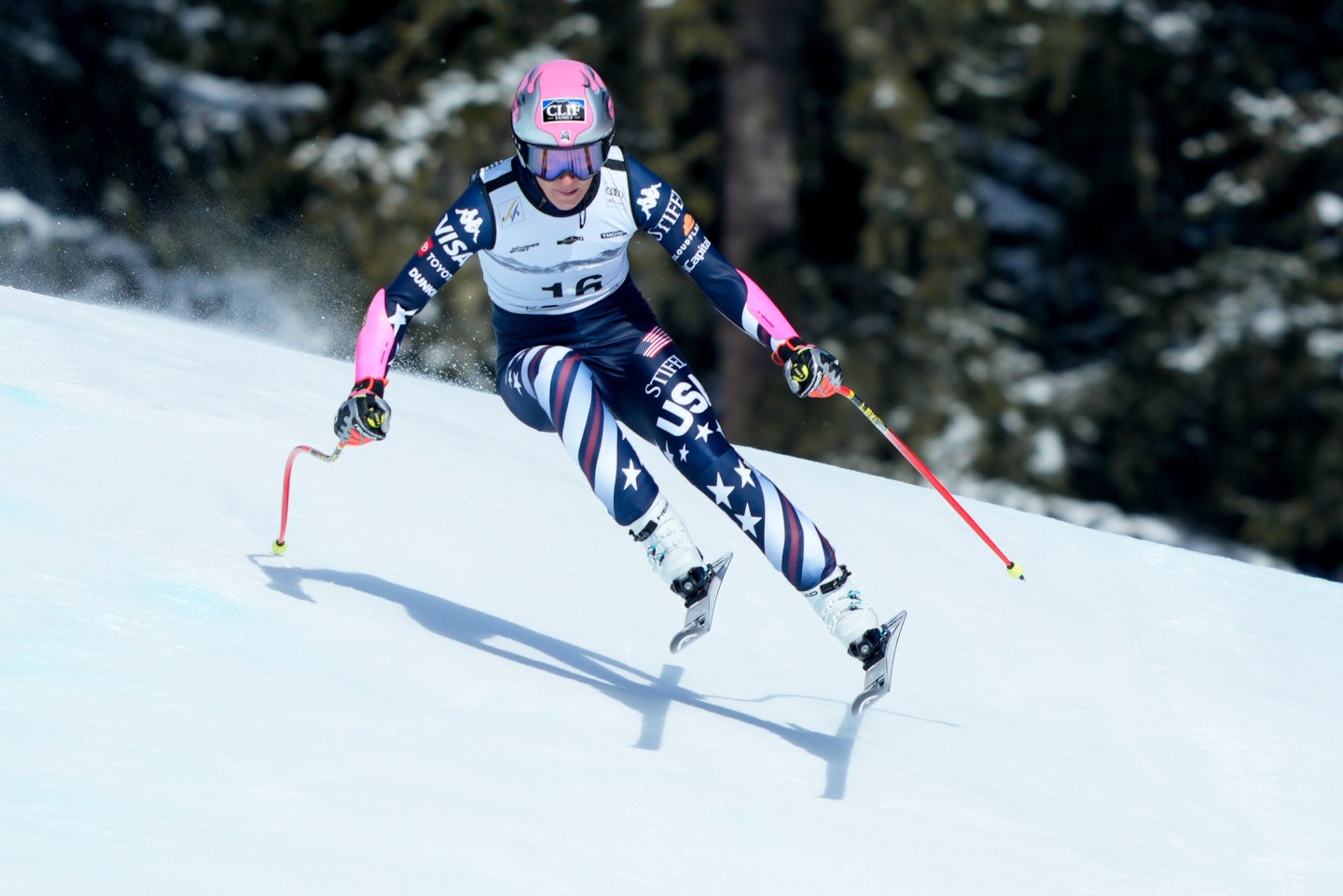New data from Pfizer and BioNTech shows that the COVID-19 vaccine produced by the two firms remains effective when stored at normal freezer temperatures for two weeks, potentially greatly easing vaccine distribution in the U.S. and around the world.
New research and analysis also shows that the first dose of the Pfizer vaccine is highly effective at preventing COVID-19. Two Canadian researchers claim the first dose shows 92.6% efficacy, compared with 95% efficacy after both doses. The researchers say these results should be used to reassess how limited vaccine supply is distributed.
Under the Pfizer/BioNTech vaccine’s initial FDA Emergency Use Authorization, the vaccine had to be stored at –70°C, a temperature that required expensive and specialized freezers to achieve. Before the pandemic, that equipment was hard to find save for freezers housed in research facilities.
That created added headaches, costs, and risks—particularly for rural or remote vaccination facilities. Pfizer developed a shipping box cooled by dry ice that could maintain the temperatures for a limited time. But experts have expressed concern about potential spoilage of doses stored using this low-tech method.
But new data from the companies shows that the vaccine retains its effectiveness for at least two weeks when stored at temperatures of between –15°C and –25°C, easily achieved by standard medical storage freezers.
The new data has been submitted to the FDA, but changes to current storage standards must be approved as part of a revised Emergency Use Authorization before any changes are made to distribution methods on the ground.
Experts have been expecting Pfizer to pursue approval for less stringent storage requirements. The initial ultracold requirements were the product of a compressed development timeline, with further long-term research and testing needed before they could be loosened.
Based on their findings on the very high protectiveness of the Pfizer/BioNTech vaccine, researchers Danuta Skowronski and Gaston De Serres say that “the benefits derived from a scarce supply of vaccine could be maximized by deferring second doses until all priority group members are offered at least one dose.” This approach was tried early in the U.K. as part of efforts to speed vaccinations, helping it achieve the third-highest national first-dose vaccination rate in the world.
But this new data must also make its way through U.S. regulatory channels before any changes are made to vaccine distribution. One looming uncertainty is how long the first-dose immunity lasts without the second dose, which effectively helps reinforce what a recipient’s immune system learns from the first dose.
More health care and Big Pharma coverage from Fortune:
- Europe grapples with competing strategies: Zero-COVID or just brace for a “big wave of infection”
- COVID vaccines are reaching hundreds of pharmacies this week. In small towns, that’s a ray of hope
- How each U.S. state is doing when it comes to COVID vaccine distribution
- Commentary: COVID-19 has exposed the world’s medical oxygen crisis
- The major U.S. airlines won’t tell you if you were exposed to COVID on their flights











